How Important is Creating a Bond with a Newborn?
“How important is bonding with a newborn” Beautiful newborns are a bundle of happiness, innocence, and receptivity. Their caretakers’ touch, warmth, and comfort are everything to them in those first few days and weeks. Not only is it a wonderful experience to bond with a newborn, but it’s also an important part of their growth. Let’s explore the reasons why developing a bond with a newborn is so important.
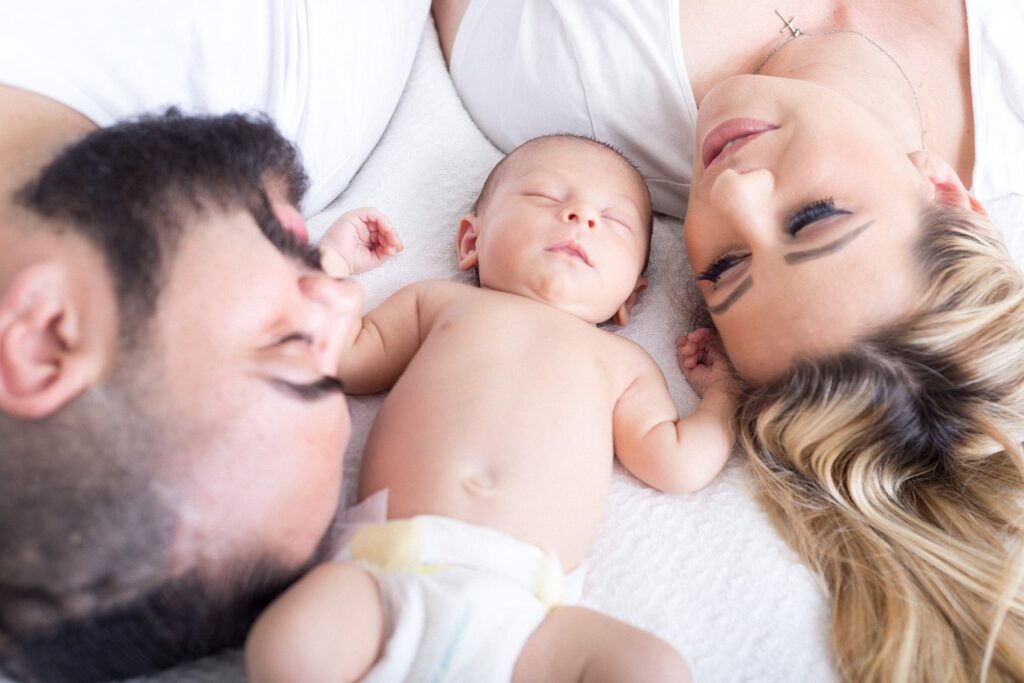
Table of Contents
How important is bonding with a newborn: The process of bonding
Interaction of the Skin
Skin-to-skin contact is one of the most effective ways to form a bond with a newborn. In addition to boosting the release of oxytocin, sometimes known as the “love hormone,” in both the newborn and the caregiver, this intense physical touch also controls the baby’s temperature, heart rate, and respiration.
Making Eye Contact and Speaking
Even at birth, babies exhibit remarkable senses. In addition to establishing a stronger connection between caregiver and child, maintaining eye contact and conversing with your baby provides the way for social engagement and language development.
Feeding and Calming
Feeding time is a private time for intimate bonding, whether one chooses to nurse or using a bottle. Caring for a baby builds a strong emotional bond between caregiver and kid by developing feelings of security and trust.
Rewards of Relationships with others
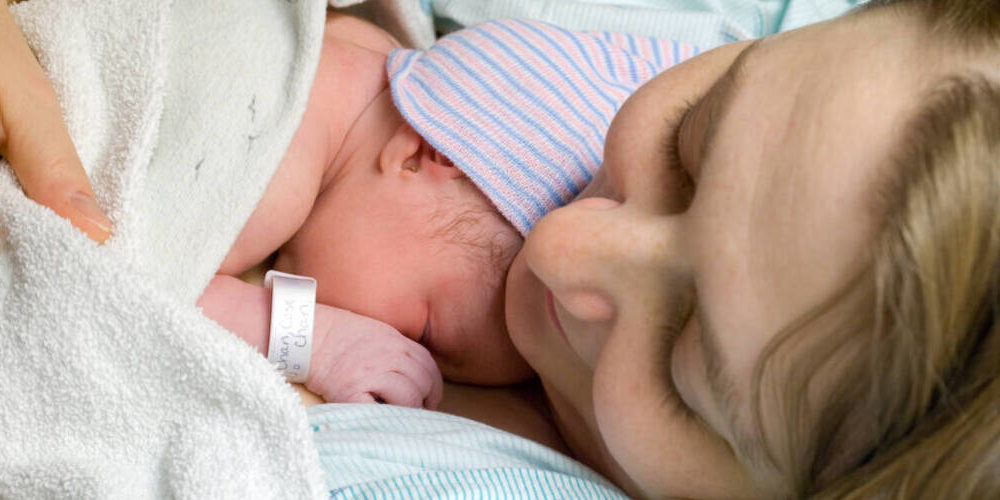
Development of Feelings
Strong attachment to a newborn establishes the foundation for future emotional stability and resilience. Children who experience a strong attachment to their caregivers are more likely to form solid relationships with them and to handle stress and hardship more effectively.
Development of Mind
Newborns’ brain development is stimulated by their loving connections with their caregiver. Studies reveal improved cognitive results, such as improved learning capacities and higher IQs, are noticed by children who get responsive care and loving during their early years.
Health of the Body
Bonding is good for your physical health in addition to your emotional and cognitive growth. Research has demonstrated that infants who have a stable attachment style are less prone to sickness and are less likely to have long-term health issues.
Bonding difficulties
Depression following childbirth
Unable to bond with their newborns, caregivers may find it challenging to bond with them as a result of depression following childbirth. To manage depression following childbirth and develop a positive relationship with the child, it is important to make requests for help from loved ones and medical professionals.
Problems of the Health
Bonding can be affected by health problems that affect the child or the parent, such as an early birth, medical treatments, or problems with the mother’s health. However, bonding is still possible and sometimes even requires more effort if patience, support, and specialized care are provided.
Ideas for Building a Bond:
How do you get a newborn to sleep in 2024
Spend Time Properly
Make time every day to spend time together with your kid by playing, singing, and cuddling. The relationship between the parent and child gets stronger by these times of complete focus.
Distribute the Work of Caring
It takes a team to build bonds. Include partners, family members, and caregivers in the task of caring for the child so that they may develop bonds with the child and give the caregiver who provides the much-needed support.
Ask for Assistance
If connecting with your newborn is proving to be difficult, don’t be afraid to seek assistance. To assist you in navigating this path, there are services available including as talking to a therapist, attending a support group, or getting advice from a lactation consultant.
Myths about connection

Instant Bonding Happens
Relative to common belief, developing a bond with a newborn is a long process. Bonding may not happen instantly for some caregivers; however, it’s quite common for others to take longer.
Newborns Can Only Form Bonds with Their Mothers
Mothers are not the only ones who can form bonds. By providing for them, being actively involved in their care, and nurturing them, fathers, partners, and other caregivers can also develop strong, meaningful relationships with babies.
Connections are all or nothing.
It’s acceptable if you don’t have an intense feeling of love and attachment as soon as your baby is born because connecting is a space activity. For every parent and kid pair, connecting might take a different form and happen slowly.
The Importance of Bonding with a Newborn: Building Strong Foundations from the Start
Bringing a newborn into the world is a remarkable journey, filled with awe, wonder, and an overflow of emotions. Bonding is the most important of the many important parts of caring for a baby. The basis for a newborn’s lifetime emotional, social, and mental growth is provided by the bond between a parent and child—it go above kissing and gazing. This article will explore the importance of connecting with a newborn and how it creates a solid basis for a successful future.
Knowing the Bonding Process: An Important Key
The strong emotional bond that forms between a parent or other caregiver and their newborn is referred to as bonding. It starts even before the baby is born, as parents joyfully wait the baby’s arrival. Through physical touch, eye contact, comforting voices, and loving care, a strong link is formed with a newborn.
Skin-to-Skin Contact’s Power: An Opening to Connection
A vital part of developing a bond with a baby is skin-to-skin contact, sometimes known as “kangaroo care.” By resting the baby to your naked chest, you can promote affection, comfort and security. Research suggests that the first skin-to-skin contact following delivery promotes a feeling of safety and comfort in addition to helping to regulate the baby’s breathing, heart rate, and temperature.
Dealing with Your Baby’s Needs with Responsive Caregiving

Attaching oneself to a newborn requires responsive caregiving. It involves paying attention to your kid’s proof and reacting fast to their needs, whatever they are for comfort, food, or affection. Parents create trust and security by constantly attending to these requirements, which opens the way for a stable connection bond.
Bonding’s Effect on Development: Promoting Healthy Growth
More than just creating a loving relationship, bonding with a newborn has major impacts on their overall development. The quality of early bonding establishes the foundation for future success and well-being, from mental strength to mental skills.
Building Trust and Security in Emotional Development
Mental health and mental wellness are founded on early bonding. Healthy connections in later life are more likely to develop from babies who have strong connections with their caregivers because they are more likely to grow up to trust people. However, kids who don’t have stable bonds may experience worry, insecurity, and trouble controlling their emotions.
Enhancing Interest and Gaining Information in Mental Growth
A parent’s attachment with their newborn is also important for mental growth. Talking, singing, and playing stimulate the baby’s brain, increasing awareness and an interest to learn. These first interactions create connections in the brain that will influence how the child thinks, reasons, and solves problems in the future.
Increasing the Bond Between Parents and Children: Effective Techniques
Creating a strong bond with your child is a journey filled with joys, challenges, and achievements. Luckily, there are some strategies that parents can use that protect this important relationship and promote typical growth.
1:Skin-to-Skin Contact: Lean Into Your Touch’s Power
Whether it’s for a nap, feeding, or just snuggling on the couch, make skin-to-skin contact a daily practice. There are multiple health benefits for both parent and child, this personal practice also helps to improve the parent-child relationship.
2:Making eye contact and soft contact to express security and love
Make sure to look your kid in the eyes and give them comforting words and soft touches. These basic actions create a feeling of being a part by showing feelings, security, and full attention.
3:Responsive Caring: Pay Attention to Your Kids Cues
Recognize your baby’s signals and act quickly to meet their needs. Developing a keen sense of your baby’s cues, such as a hungry cry, drowsy yawn, or need for comfort, helps you gain their trust and build your relationship with them.
Building Future Relationships: The Lifelong Benefits of Bonding
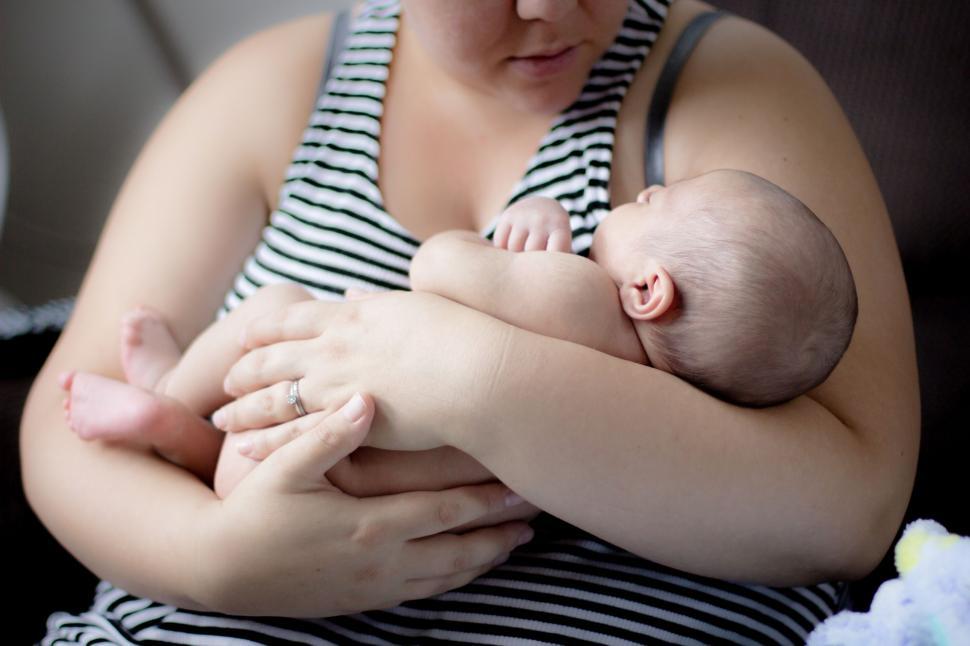
More than just a baby’s early years, a child’s life path and social interactions are impacted by the connection they form with their firstborn. Parents provide a basis for a lifetime full of joy, durability, and important connections by giving their children time, love, and attention in their early years.
Closing Up: Accepting the Bonding Journey
Conclusively, the establishment of a link with a baby is an essential component of parenting that carries significant consequences for the growth and welfare of the child. In order to provide a foundation for a lifetime of love, learning, and laughing, parents can establish strong bonds with their babies through skin-to-skin contact, responsive caring, and nurturing interactions. As parents, we can offer our children the best start in life—a gift that will continue to improve their lives for years to come—by putting bonding first in the early days and weeks of parenthood.





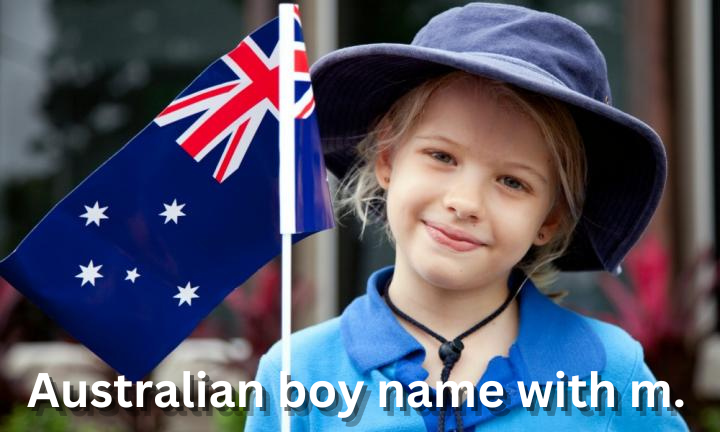

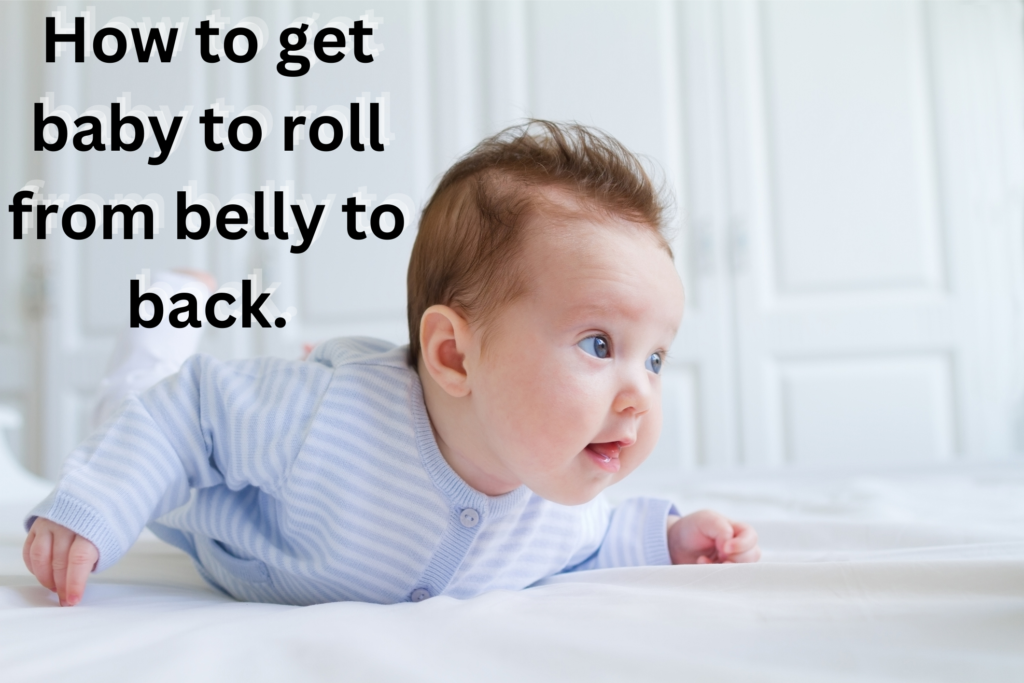

Can you be more specific about the content of your article? After reading it, I still have some doubts. Hope you can help me.
Your article helped me a lot, is there any more related content? Thanks!
Your point of view caught my eye and was very interesting. Thanks. I have a question for you. https://www.binance.com/ru/register?ref=T7KCZASX